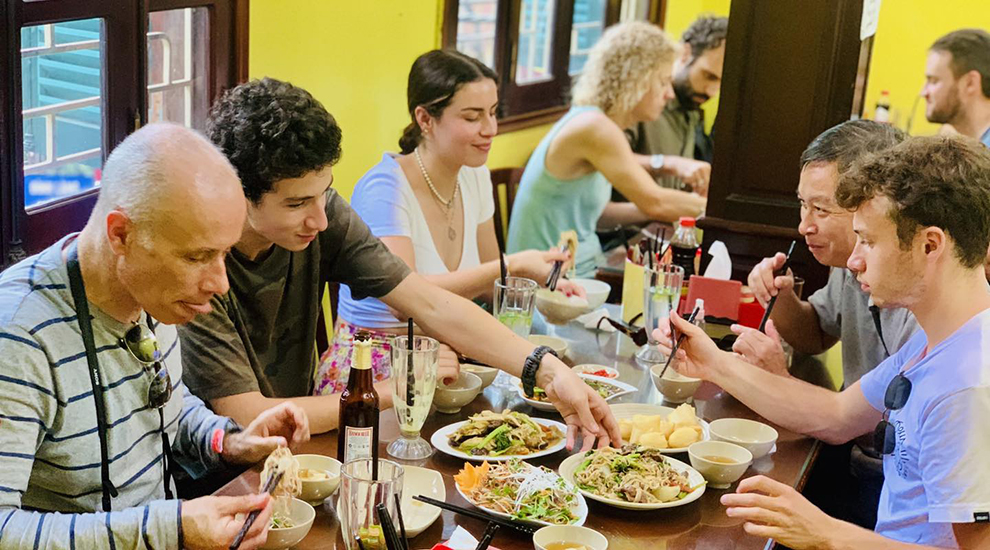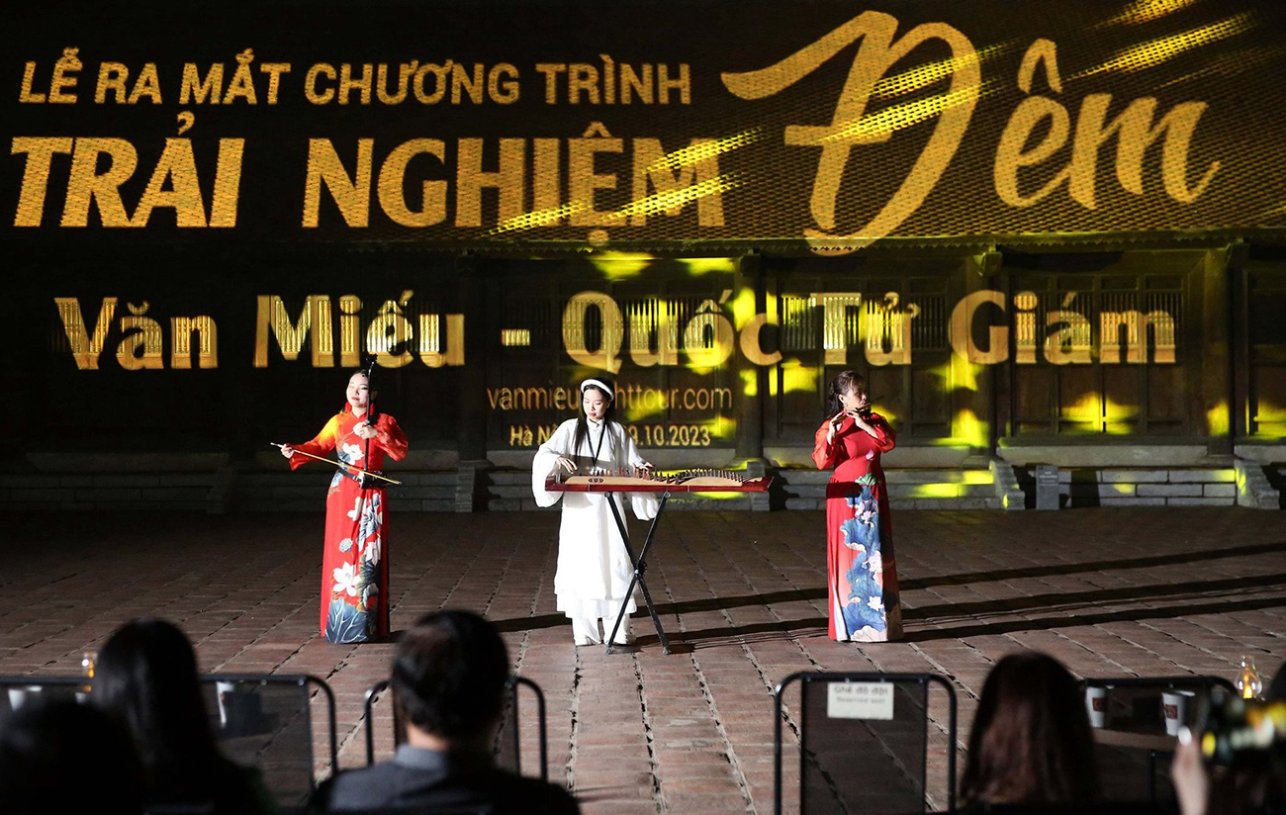
Baci Ceremony in Laos - A Cultural Insight
Laos, a country nestled in the heart of Southeast Asia, is known for its rich cultural heritage and traditions. The Baci Ceremony, deeply ingrained in Laotian culture, is a captivating blend of animist and Buddhist beliefs. Following Asia Color Travel experts, we unveil the origins, rituals, and profound cultural significance of this age-old tradition.
Luang Prabang: Where Laotian Tradition Comes to Life
1. The Origins and History
The Baci ceremony, also known as the "Pha Khuan” or the “calling of the soul”, traces its roots back thousands of years in Lao culture and Buddhism. It reflects the profound influence of Theravada Buddhism on the country and serves as a harmonizing force, blending animist and Buddhist beliefs into a cohesive ritual.
2. The Essence of the Ceremony
At its heart, the Baci Ceremony is a communal gathering aimed at invoking good fortune, well-being, and prosperity for individuals and communities facing significant life events. Whether it's a wedding, birth, illness, or farewell, the ceremony is a collective expression of love, respect, and support.
3. The Baci Rituals
The Offerings: Central to the Baci ceremony are the offerings made to the spirits. These offerings typically include rice cakes, fruits, flowers, and betel leaves. Each element symbolizes various aspects of life, such as health, happiness, and unity. The offerings are meticulously arranged on a tray and presented to the spirits as a sign of reverence.
The Tying of Baci Threads: One of the most visually striking aspects of the Baci ceremony is the tying of Baci threads. Cotton threads are blessed by a respected elder or monk and then tied around the wrists of the individuals being celebrated. The threads are believed to hold the spirits' blessings and protection, serving as a powerful talisman.
Nowadays, money notes can be tied with threads for a blessing of luck.
Chanting and Blessings: Throughout the ceremony, chants and prayers are recited by the elders or monks present. These invocations seek the blessings of deities, spirits, and ancestors. The atmosphere is filled with reverence and spirituality as participants join in these solemn moments.
4. Significance in Laotian Culture
The Baci ceremony holds immense significance in Laotian culture, transcending generations. It embodies the values of unity, compassion, and spiritual connection. Here are a few key aspects of its cultural importance:
- Strengthening Community Bonds: The Baci ceremony brings together family members, friends, and neighbors. It serves as a powerful reminder of the importance of communal support and solidarity during both joyful and challenging times.
- Honoring Ancestors: Laotians deeply revere their ancestors and believe that their spirits continue to watch over the living. The Baci ceremony is a way to pay homage to these ancestors and seek their blessings and protection.
- Spiritual Well-being: For many Laotians, the Baci ceremony is a means of finding spiritual balance and harmony. It is believed to cleanse the soul and bring positive energy into one's life.
5. Experience Private Baci Ceremony with Asia Color Travel
For a truly immersive experience of the Baci ceremony, journey to the UNESCO World Heritage city of Luang Prabang. Here, this deeply rooted tradition is considered a vital part of the local heritage. With Asia Color Travel & DMC, you have the unique opportunity to partake in a private Baci Ceremony hosted in a local house. As you receive blessings, you'll also savor a delectable dinner thoughtfully prepared by a local family, offering invaluable insights into Laotian culture and customs.
Baci Ceremony - an unique experience you should not miss when in Laos
The Baci Ceremony in Laos is not just a cultural practice but a testament to the enduring power of tradition in an ever-evolving world. Its ability to instill hope, unite communities, and offer blessings to those in need ensures that it remains an integral and cherished part of Laos's cultural tapestry for generations to come.


